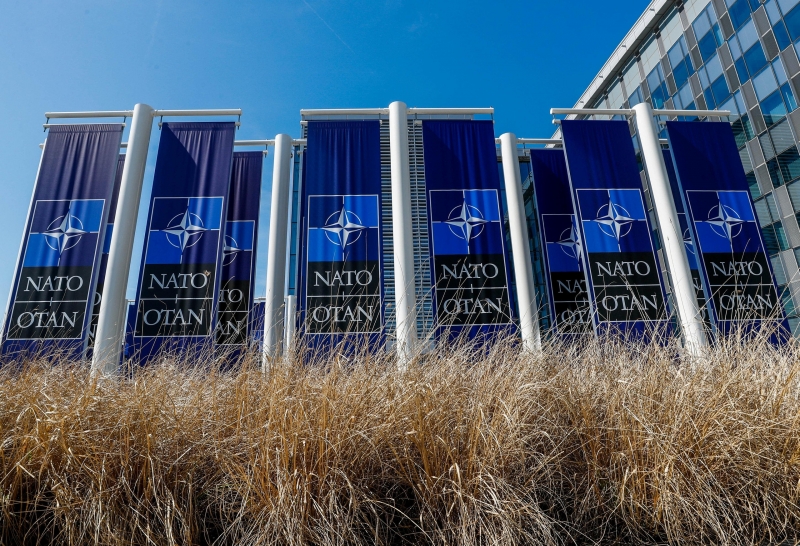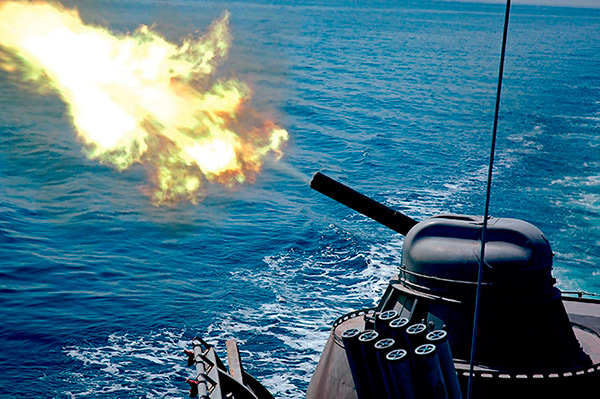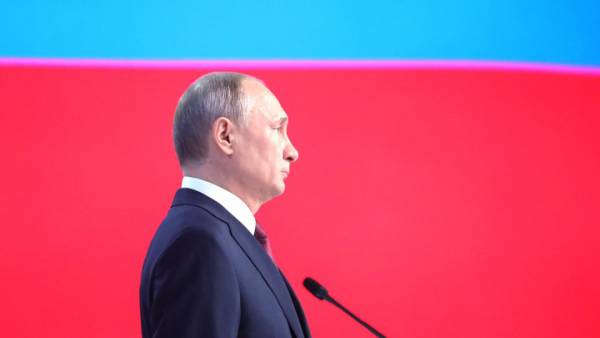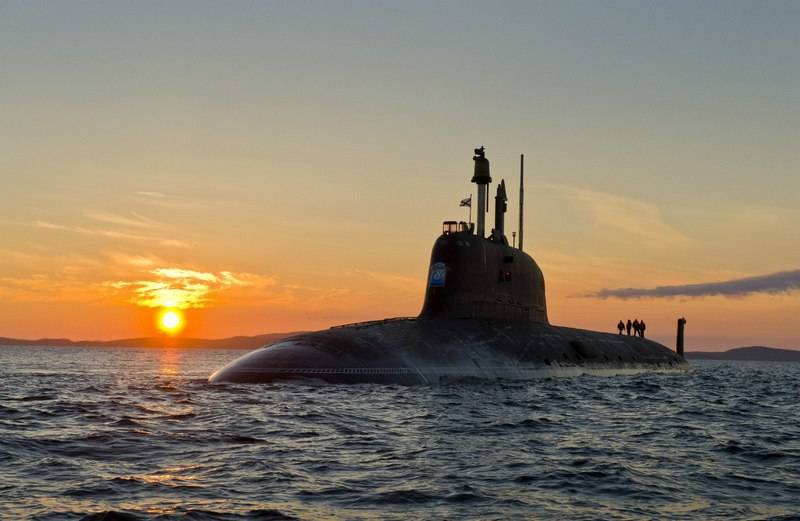
21-22 March 2019 g. A group of Russian experts and journalists, a part of which was the author, I visited NATO Headquarters in Brussels and at the central headquarters of the combined armed forces of NATO in Mons. During the visit, we were able to communicate with both the civilian staff of the Alliance, and the military and get their views on the current state of relations between Russia and NATO.
A red thread through the statements of the representatives of NATO was the idea, that the relationship between the Alliance and Russia are in poor condition and that the blame for this rests solely with Moscow. In the first half of the 2000s., both nostalgically remembered our interlocutors, the two sides have cooperated fruitfully, We are exchanging delegations and believed in the bright future of their relationship. But " 2008 g. Russia attacked Georgia, and 2014 g. illegally annexed the Crimea and went to war in the Donbas. Such aggressive actions, coupled with the spread of misinformation and continuing attempts to undermine the European and Atlantic structures, NATO was forced to take retaliatory measures ". Confidence in the correctness of such an interpretation of reality was so hard, that the question of one of the Russian participants, Are allowed and the Alliance of any errors in relations with Moscow, negative answer was given.
The discussions were heard arguments, which could undermine a monolithic picture; eg, some for Turkey, which is annexed, and by no means bloodless, almost half of Cyprus, but it remained an important member of NATO, and not subjected to penalties for their actions. Or regarding interference in the conflict vnutriliviysky a number of NATO countries, which led to the overthrow, and then to the killing of Muammar Gaddafi, which a few years before the same countries signed multibillion-dollar contracts and treaties of friendship and cooperation. But this kind of argument, calling into question the right of NATO and the West in general, negotiate from a position of its own moral superiority, our interlocutors on deaf ears.
By painful for Russia, the question of the enlargement of the Alliance representatives of the latter approach is quite simple. In their opinion, it assumes no anti-Russian - NATO is guided solely by the desire of countries to join it, and considerations of security of all its members. Response to my request for clarification, exactly how to strengthen the security of the future alliance membership in his Northern Macedonia, not followed.
At the same time, NATO is ready for the resumption of bilateral dialogue. But there is one condition - Russia must admit its mistakes and correct them. In other words, a key condition for improving relations is the return of the Crimea under the jurisdiction of the Kiev.
At first sight, such a direct approach is illogical. FROM 2014 g. Russia's position on the international scene has changed markedly. "NATO members" are arbitrarily long time to talk about, that the Crimea is necessary to return to Ukraine; but it is quite obvious, that no one in NATO is seriously counting on such a move Moscow for the sake of improving relations with the West or in the near future, nor in the long term. It is unlikely, and from his own prestige in the international arena, and just because, that for any policy decision to give Russian peninsula would be tantamount to political suicide instant.
Yet NATO rhetoric and the whole of the West remains the same. Moscow, in its turn, harshly criticized the NATO operation. For all the difference in the arguments, put forward by the parties against each other, their rhetoric is very similar. In fact, the two sides build their narratives under one scheme, trying to imagine the enemy aggressor, and himself - a passive participant in the events and claiming, that "the ball is on your side of the field". For Russia, the chronological line of aggressive behavior of NATO and - increasingly - the West begins with the bombing of Yugoslavia, It continues the invasion of Iraq and sponsoring color revolutions and further extends to the operation «Odyssey Dawn» in Libya. In the West, the narrative starts with the five-day war with Georgia, It expands on the annexation of the Crimea and events 2014 g. Ukraine and then moves to the point Skripal.
Russian authorities used a bogey increasingly sprawling NATO to divert public attention from internal problems and is willing to write off the external threat to their own mistakes - yes, really, standard of living falls fifth consecutive year, but what do you want, we are surrounded, the enemy does not sleep, we must be patient.
For the West, the notorious Russian threat is also very convenient. At first, risen from its knees "Russian bear" has helped to strengthen the Euro-Atlantic solidarity and allowed NATO to rediscover the meaning of existence: «to deter Russia» ("To contain Russia") - it formulates its primary task of the military alliance. Secondly, on Russian intervention easy to blame all the problems, faced by the West in recent years - this is the election of the D. Trump US President, and Breksit, and the widespread rise of populism.
In other words, and the, and other opposition today is more profitable, than cooperation; otherwise the focus would be done not on the, that divides, but in this, that unites. A common between Russia and the West, and many will not be difficult to formulate a solid list of questions, in which both sides could cooperate fruitfully, relegating to second place competing claims - it would wish.
The problem is, that endless search for a straw in another's eye - the game is not harmless. It is fraught with, that at some point in the Russian and Western politicians began to play so, that step over the line, separating the hybrid war from the war very real. her only, though dubious merit, will transience, as a result, "we get to heaven, and they just kick the bucket ".
If the goal is to bring this matter to the final is not worth, the, Although Russia and NATO / position of the West in general and the irreconcilable opposition between them, as it appears, It will continue for a long time, both sides would be necessary to adhere to certain limits and, criticized each other, at least to refrain from openly boorish attacks. Fundamental differences of opinion should not be an obstacle to mutual respect, as if idealistic as it may sound in the current confrontation.
Participation in the war of words can, of course, for some time to give a sense of satisfaction - verbal bravado of official and unofficial representatives of both sides of the replicated media and give yourself acting and their target audience an opportunity to feel their own superiority over the enemy, and that) vile; b) intellectually limited; at) aggressive by nature. But every caustic attack on the answer to be offensive, and lost awareness in the conglomeration of unflattering epithets, that neither the West from Russia, neither Russia from the West are not going anywhere (if, of course, they do not destroy each other "Poseidon", "Minutemen" and other "dagger"). Relationships must be built, and the first step towards this - recognition, that the other party is entitled to a different point of view, no matter how unpleasant it may seem.
Alexander Dunaev, Ph.D., Visiting Fellow, Center for Security and development challenges











